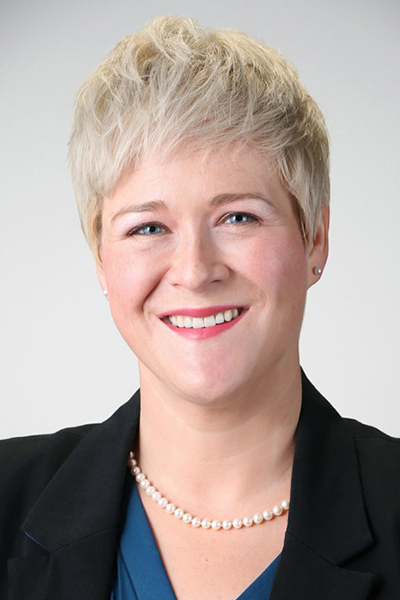Rheumatology residency and fellowship are just the beginning of learning. Talking with colleagues and asking questions of mentors produces a lifetime of tips and tricks that may not appear in continuing medical education courses. That can leave rheumatologists in solo or small practices at a disadvantage.

“I’m one of just three rheumatologists in town, and all of us are pretty new to practice, out of fellowship in the last several years,” said Sarah Dill, MD, private practitioner at Lakeview Rheumatology and Assistant Professor of Rheumatology, Pacific Northwest University in Washington. “One of the things I miss is being able to walk down the hall and talk with rheumatologists with years of experience. So, we put together a program with two master clinicians who can go into some of those fine details that come with time, experience, and a lot of questions.”
Dr. Dill will moderate Rheumatology Secrets and Pearls on Saturday, November 12, from 3–4 p.m. ET, in Ballroom AB of the Pennsylvania Convention Center. Meeting participants have the option to attend the session in person or on the meeting website via livestream, or to view the session on demand.
Jason Kolfenbach, MD, Assistant Professor of Rheumatology, University Colorado Medicine, and John Stone, MD, MPH, Director of Clinical Rheumatology, Massachusetts General Hospital, will draw on clinical pearls and take questions from the in-person and virtual audience.
The trio launched Secrets and Pearls as a virtual-only session in 2021. It’s back this year by popular demand, Dr. Dill said, driven by attendees who learned the answers to questions they didn’t even realize they had.
“I remember one of the things that Dr. Stone talked about was a violaceous discoloration just at the margin of the eyelid in juvenile dermatomyositis,” she said. “It was new to me at the time and is something I’ve seen since. If you are recently out of training or practicing pretty much by yourself, this program has a lot of practical information to offer.”
Medical training tends to focus on unusual and severe conditions, Dr. Dill continued. Those less common presentations are important, but much of day-to-day rheumatology practice is about recognizing patterns—realizing that a particular constellation of symptoms is more likely this problem versus that one, or seeing one symptom and knowing to look for something else.
“Experience and asking questions gives you a lot of clinically relevant information that you’re not going to get reading the latest randomized controlled trial or a meta-analysis,” Dr. Dill said. “I was a little surprised last year at how much some of these tidbits informed my practice now compared to when I was in training.”
Connecting with experts in the field is also helpful to figuring out how to safely push the boundaries of what has been studied in trials, she said.
“Both Dr. Stone and Dr. Kolfenbach have the overlap of being excellent educators and great clinicians,” Dr. Dill continued. “That Venn diagram makes for a session that is both entertaining and informative.”
Register Today for ACR Convergence 2025

If you haven’t registered for ACR Convergence 2025, register today to participate in this year’s premier rheumatology experience, October 24–29 in Chicago. All registered participants receive on-demand access to scientific sessions after the meeting through October 31, 2026.
